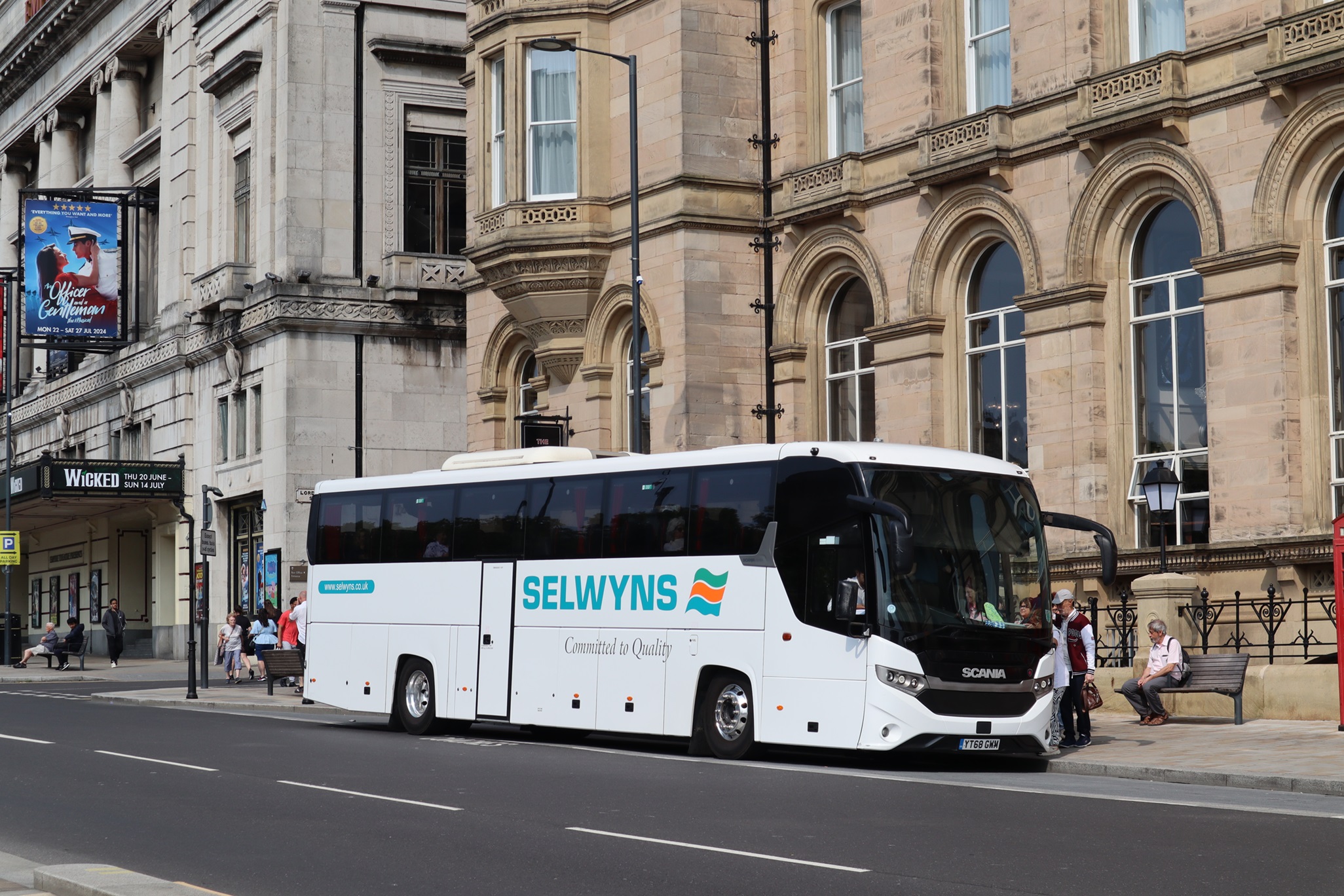The new government’s transport inbox is already overflowing. Secretary of State Louise Haigh (pictured, below) looks set to be effective in that role, with reports suggesting that she will be someone who delivers action on policy.

“Move fast and fix things” is the new motto of the Department for Transport, she says. With recent performance on projects such as the review of PSVAR and overhaul of BSOG, such an approach is perhaps overdue.
Simon Lightwood as Under-Secretary with responsibility for coach and bus appears similarly focused, as he made clear when speaking at an industry event earlier this year.
It must be hoped that the incoming administration takes a long-term approach to ministers rather than the revolving door policy seen all too often under the previous government. Opening relationships upon change of postholder can be a tricky process for the sector’s representative bodies, and they will want to hit the ground running with new appointees.
Whether the industry will like what Labour ministers push forward is a different matter. For bus, they are committed to greater public control of services. The sector should expect that promised simplification of the franchising mechanism will move quickly, although that sits against a bulky wider legislative programme.
While talk of franchising is popular among Labour politicians, ministers must not forget the pair of bus sector elephants in the room that require more urgent attention.
One of those is the future of the national £2 fare cap in England. A hard end in December will be disastrous for the industry. It will also make future franchising scheme proposals more difficult to develop and hence deliver.
Notwithstanding individual Bus Service Improvement Plan-funded fares initiatives, a sudden return to commercial levels – particularly outside urban areas – will hit patronage hard. Services will be reduced. The other pressing item is the funding landscape, including the long-promised but undelivered reform of BSOG in England.
If Ms Haigh does intend to “move fast” in her transport brief, then long-term certainty in these areas will be a good place to start. Attention also needs to be directed to what constitutes statutory provision of bus services – a topic raised some time ago but no further along the line now than then.
 The coach industry has its own list of priorities for the new government, two of which require urgent attention In coach, work needing DfT attention is also clear. Advancing the PSVAR review is imperative. While the next stage of that has slipped repeatedly – and may well do so again – the current end point in 2026 for the medium-term exemption mechanism has not.
The coach industry has its own list of priorities for the new government, two of which require urgent attention In coach, work needing DfT attention is also clear. Advancing the PSVAR review is imperative. While the next stage of that has slipped repeatedly – and may well do so again – the current end point in 2026 for the medium-term exemption mechanism has not.
That is still fixed, and lack of government movement on what happens next for PSVAR is compressing the period available for operators to act upon it when disclosed. It is of critical importance to the coach industry that certainty on accessibility is forthcoming as soon as possible.
Of equal worry for coach is fallout from the Schengen area EU Entry/Exit System (EES). It is expected to come into force in October. However, mainstream media suggests that there is yet no guarantee of the EU app for advance submission of passenger data being ready in time.
The Guardian believes that government officials are worried of “tailbacks and chaos” at the Port of Dover if EES goes ahead in three months. A further delay is now talked of. But where would that push enactment back to?
Six months would put it into April 2025, but past affairs at Dover during that part of the year suggest that a new system coupled to peak travel weekends would lead to total collapse. A satisfactory conclusion here is difficult to see, but government departments must do all they can to arrive at one.
Indeed, the transport inbox is overflowing. Ms Haigh and her colleagues will need to ensure that catchy new straplines are matched by actions.
Source: Route-onet.net
